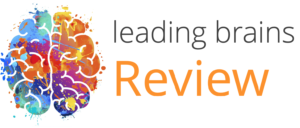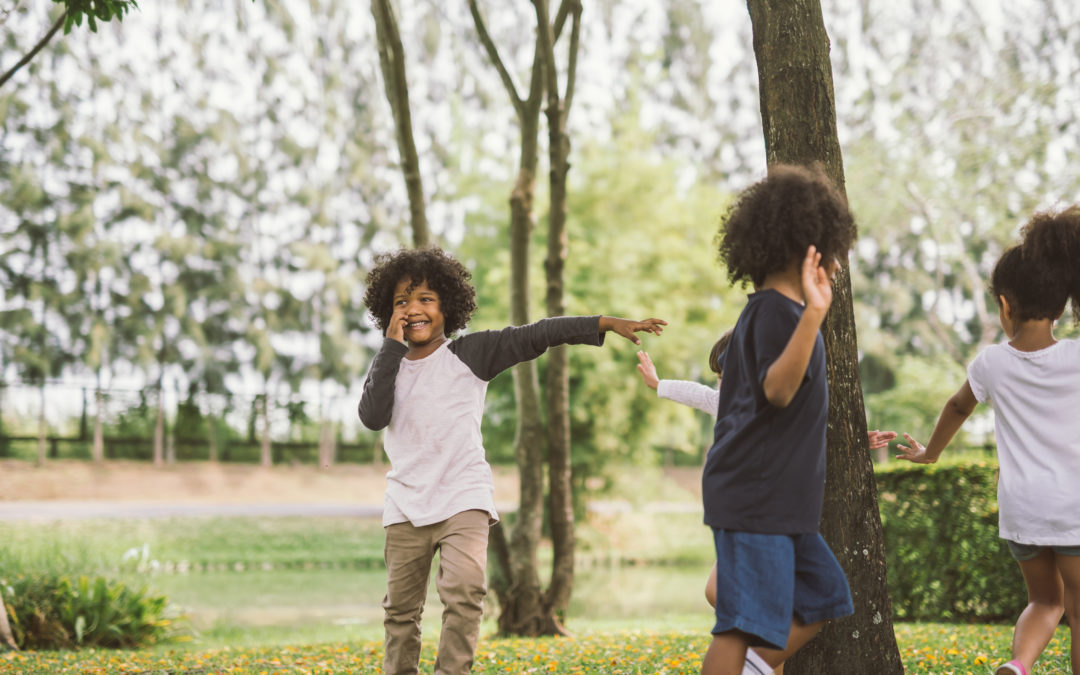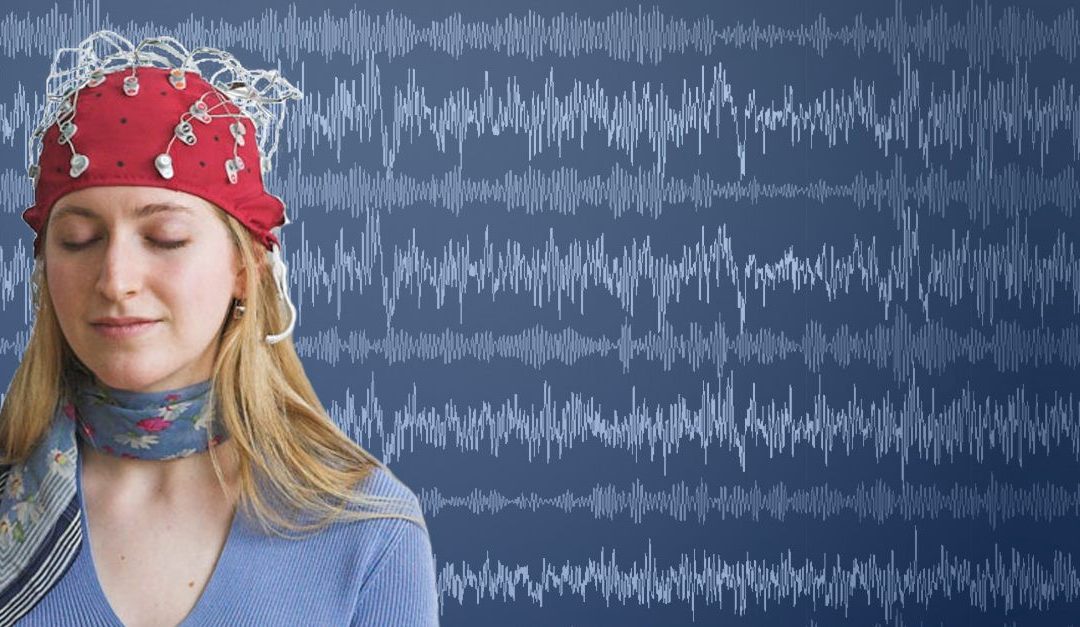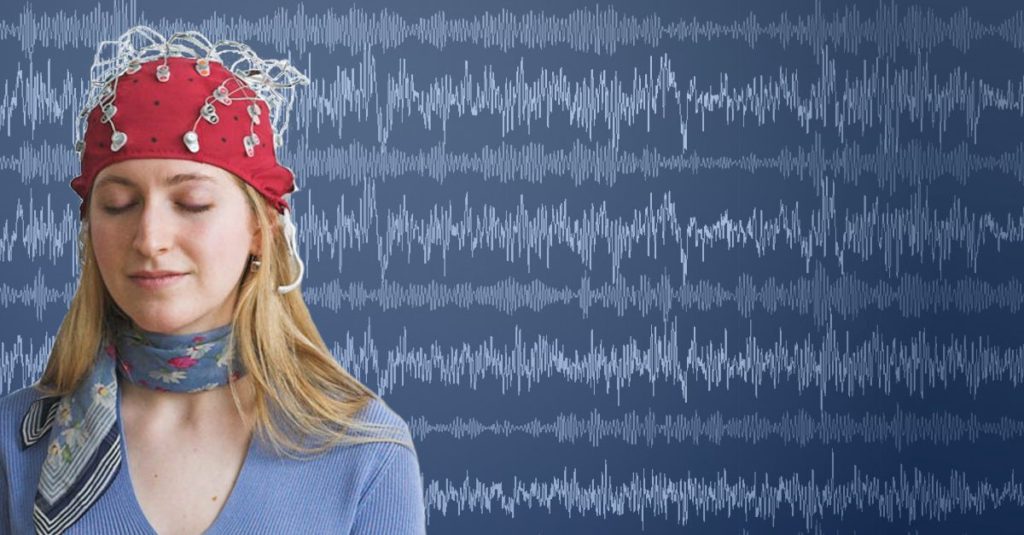No Results Found
The page you requested could not be found. Try refining your search, or use the navigation above to locate the post.

Quick Hits
Daily brief research updates from the cognitive sciences

Social media seems to hijack our brains – or at least according to popular narratives. Most of us have experienced this where you get stuck in an endless stream of content, good, or bad, and then suddenly a whole lot of time has suddenly disappeared. The common accusation against social media is that it hijacks our brain, those well-known dopamine hits and then gets you addicted.
There is some truth in this, but a group of researchers from the University of Washington has analysed user behaviour and come up with another reason – and also, interestingly for us, some solutions also. So, what did they find?
They found that a state of dissociation was commonly observed by participants, and this also accounted for many of the negative effects. Dissociation is that feeling of being completely engrossed in something and losing track of what is happening around you. This is that feeling of going to check one tweet and suddenly 30 minutes have gone. Of importance is that the feeling at the end of this is negative. This is in contrast to a positive flow state whereby you enter into a productive state of dissociation.
So how do you get yourself an others off of this mindless scrolling that leaves to a general feeling of dissatisfaction and negative dissociation?
To answer this the researchers developed an app that was connected to users’ twitter accounts. This then enabled them to construct either internal interventions – those that were built into the design of the app, or external interventions such as timers and reminders (that are already available).
The internal interventions made user build lists and when they went into the list and had seen all the relevant tweets, the list finished, a notification came up that said “you’re all up to date”. This you will note puts the user much more in control of the content thereby increasing intentionality: actually want this information which they have deemd as useful or important for themselves. This then gives them this information but nothing else. This was particularly effective and appreciated by the participants – it avoided dissociation and turned it into a more effective tool.
Of interest is that the external interventions such as timer warnings were considered useful when one had entered into a state of dissociation. However, for those users who became more intentional in their usage of the app, these then became annoying. If you are already in control, you do not need these warnings.
So, there are a few really big take aways from this research. First, being in control of your social media experience is liberating and lets you get the best out of social media – but it must be noted that social media is designed not to do this! Secondly, that dissociation is a big threat for it leads to blindly stumbling along and is a dissatisfying experience – yes, social media is designed to do this to you.
So, in summary, the better way to think of social media is not as addictive but dissociative. And the way to get around this is to be more intentional and in control of your experience with social media. Then you get the best of both worlds, the wealth of information, that you want, in more a controlled and structured way, and you get the rest of your life also!

Andy is author of leading brains Review, Neuroleadership, and multiple other books. He has been intensively involved in writing and research into neuroleadership and is considered one of Europe’s leading experts. He is also a well-known public speaker speaking on the brain and human behaviour.
Andy is also a masters athlete (middle distance running) and competes regularly at international competitions (and holds a few national records in his age category).
Layla Unger, Vladimir M. Sloutsky.
Ready to Learn: Incidental Exposure Fosters Category Learning.
Psychological Science, 2022; 095679762110614
DOI: 10.1177/09567976211061470
The page you requested could not be found. Try refining your search, or use the navigation above to locate the post.

When we talk of healthy brains we automatically think of things like exercise and nutrition that I have covered at times here. But the thing we put into the brain most is oxygen. So, let’s have a quick look at how the air we breathe impacts brain performance . . .
This content is only for Premium Brains - please subscribe to access this. All subscriptions come with a free trial.
Register for free to receive access to "Healthy Brains" and other selected articles.
Subscribe to Premium Brain (monthly or annual) to access all articles and access the download page.
Subscribe now



So, a simple cheap way to help your kids improve all life skills and strengthen mental wellbeing. Too good to be true?
Well, this piece of research, just out, finds a fascinating correlation with mental health and kids. This correlation was also surprising – some things kids do, and their personality traits, we can assume could be related to positive mental health. Traits such as extraversion meaning you are likely to bond closer to people and hence this can provide support networks. So, what did these researchers around Helen Dodd from the University of Essex in the UK find?
The researchers surveyed 2’346 parents pre covid and during the first covid lockdown in the UK with questions on general mental health and mood. They found that those kids who spend more time playing outside in more unstructured and adventurous games had fewer “internalising” problems i.e. anxiety and depression during the first covid lockdown.
What’s more this effect was more pronounced in children from lower income families.
This highlights the importance of play – I have written in other places of how beneficial play is for multiple reasons. Basically, it is one of the best ways to build your brain. But importantly it is free and actually easily accessible for most people.
Adventurous play according to this also seems to be important because it uses cognitive skills that are very important such as exploration but also risk balancing and likely also failure and recovery and trying again. Critical life skills – but this also seems to have a buffer against mental health issues and that is really important to note.
This shows that some of things we can do as a society are cheap and easily accessible – but society can also encourage this through giving access to parks and well-designed play areas.
So as a parent you should be encouraging your kids to get out and play – and hey, there’s nothing wrong with you adults doing it also!

Andy is author of leading brains Review, Neuroleadership, and multiple other books. He has been intensively involved in writing and research into neuroleadership and is considered one of Europe’s leading experts. He is also a well-known public speaker speaking on the brain and human behaviour.
Andy is also a masters athlete (middle distance running) and competes regularly at international competitions (and holds a few national records in his age category).
Helen F. Dodd, Rachel J. Nesbit, Lily FitzGibbon.
Child’s Play: Examining the Association Between Time Spent Playing and Child Mental Health.
Child Psychiatry & Human Development, 2022;
DOI: 10.1007/s10578-022-01363-2
The page you requested could not be found. Try refining your search, or use the navigation above to locate the post.


M editation can actually change your brain. “Oh, no it can’t!” say these researchers. “Oh, yes it can!” say a lot of other researchers.
Does this start to sound confusing?
Well, it does because there has been plenty of evidence that meditation has plenty of positive effects on wellbeing and particularly in stress reduction and this has been reported to leave structural traces in the brain.
So, who is right?
To answer that question, we have to understand what we are trying to measure and how we are doing this. For example, a bunch of meditation researchers noted in 2018 that there is little consistency in meditation research. Why so – well the nature of meditation is that you could be doing different types of meditation for different periods of times with different population groups: experienced meditators, novices, those who are stressed, etc, etc.
On top of this once you start doing brain scanning studies these become very expensive, which therefore needs funding, and sample sizes decrease massively – it takes a long time to scan people.
So, this leaves us with two fundamental problems. First of comparability, and second of sample sizes. These researchers around Richard J. Davidson at University of Wisconsin-Madison aimed to resolve this. They recruited 218 (a much larger group than in most meditation studies) people with no previous experience of meditation or mindfulness, and they all had brain scans. They were then randomly assigned to one of three groups.
They all then repeated the brain scans. So, what did they find?
They found no significant changes to the brain of those in the intervention groups.
Disappointing right? Well, not really and the researchers themselves note why:
So does meditation change the brain? Well, the basic paradigm of neuroscience is what “what fires together, wires together” which translates as if you do something you build new connections, or strengthen existing connections. So yes, if you do something different it will leave a trace in the brain over time. But this applies to everything: if you start playing tennis, chess, reading more, playing cognitive games, etc. etc. These will all change your brain if it is new, and will build and strengthen specific circuits. How it changes is another question, and this is likely very individualised.
But there are also clear health benefits, and this in itself is a good thing. But as the above research also noted this doesn’t have to be meditation.
So, my advice to you is: if you enjoy meditation, do it. You will be reaping multiple benefits. If you don’t, make sure you focus on other ways to manage your health – because that will lead to higher wellbeing – and a happier life. And who doesn’t want that.

Andy is author of leading brains Review, Neuroleadership, and multiple other books. He has been intensively involved in writing and research into neuroleadership and is considered one of Europe’s leading experts. He is also a well-known public speaker speaking on the brain and human behaviour.
Andy is also a masters athlete (middle distance running) and competes regularly at international competitions (and holds a few national records in his age category).
Tammi R. A. Kral, Kaley Davis, Cole Korponay, Matthew J. Hirshberg, Rachel Hoel, Lawrence Y. Tello, Robin I. Goldman, Melissa A. Rosenkranz, Antoine Lutz, Richard J. Davidson.
Absence of structural brain changes from mindfulness-based stress reduction: Two combined randomized controlled trials.
Science Advances, 2022; 8 (20)
DOI: 10.1126/sciadv.abk3316
The page you requested could not be found. Try refining your search, or use the navigation above to locate the post.

Quick Hits
Daily brief research updates from the cognitive sciences

You may assume, logically at first glance, that not having contact to people is the most important factor in loneliness. And obviously this does have a large impact — but there are a number of paradoxes because we know some people can be alone and feel very good with themselves — this is also known as the wisdom-loneliness paradox.
In this paradox we know that people who rate highly on wisdom seem to be pretty immune to the negative sides of loneliness and can be alone and happy. There are a number of reasons that we know influence this, one is a sense of meaning and purpose in life but also of being connected to the greater good. Another intriguing factor is that of our gut microbiome which correlates to loneliness, or not — yes you read that correctly. Read more here.
We also know from brain scanning that lonely people also feel more threatened. So, it is more complicated than just having contact to people — which is obviously still very important.
And this is where this newly released research out of the Vienna University of Economics and Business in Austria led by Sophie Buthmuller, is very interesting. What Guthmuller did is analyse data from individuals (from SHARE — a cross-national Survey on Health, Ageing, and Retirement) to see which factors correlated highest with loneliness in those over 50. And the results may surprise you — to a degree:
There are however two other factors that contribute to risk of loneliness, and these are
So, the research confirms some of the obvious that social support is important but also that ill-health is a key contributing factor and that there are other risk factors which could allow earlier identification of those at risk and mitigation actions.
My personality at least should offer me some protection and my modest wisdom!

Andy is author of leading brains Review, Neuroleadership, and multiple other books. He has been intensively involved in writing and research into neuroleadership and is considered one of Europe’s leading experts. He is also a well-known public speaker speaking on the brain and human behaviour.
Andy is also a masters athlete (middle distance running) and competes regularly at international competitions (and holds a few national records in his age category).
Sophie Guthmuller.
Loneliness among older adults in Europe: The relative importance of early and later life conditions.
PLOS ONE, 2022; 17 (5): e0267562
DOI: 10.1371/journal.pone.0267562
The page you requested could not be found. Try refining your search, or use the navigation above to locate the post.